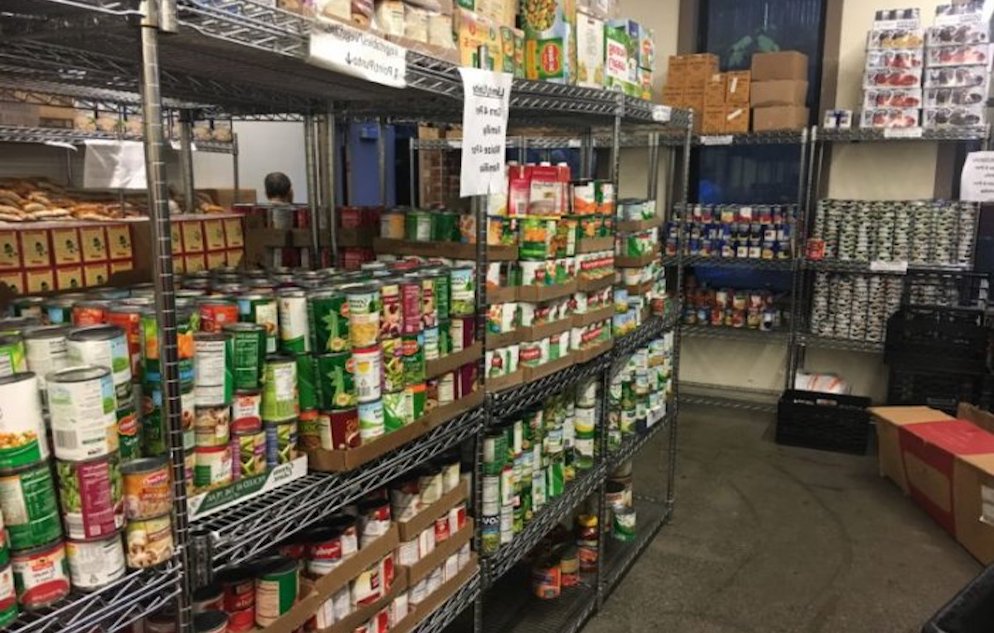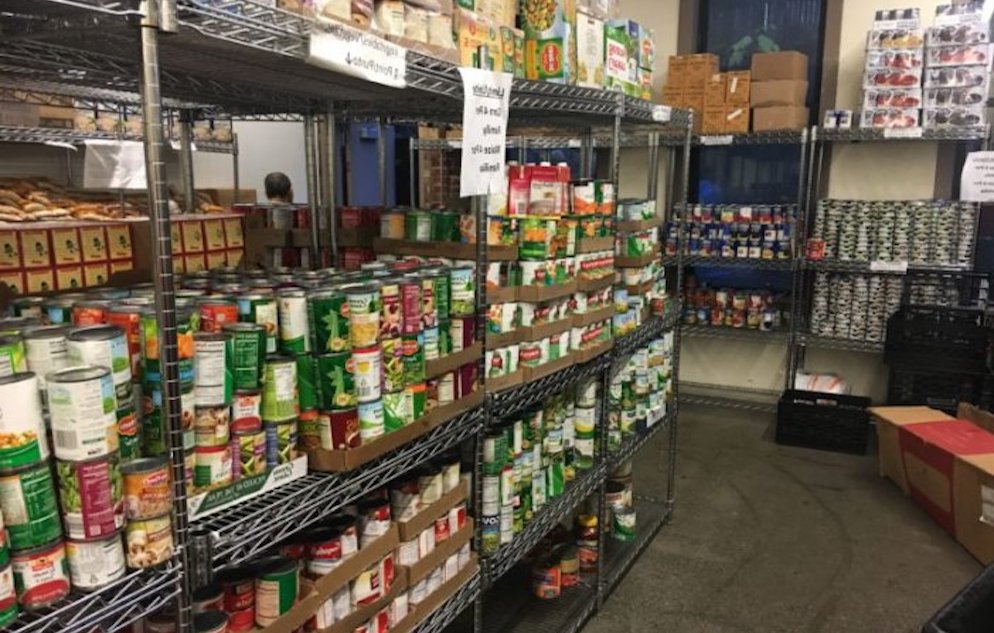
Food insecurity is a major problem plaguing families in the United States, yet over the past three decades, federally funded food programs such as the Supplemental Nutrition Assistance Program (SNAP) have become more restrictive. There is evidence that food-insecure households are becoming more reliant on congregation-based food provision programs to compensate for the increasingly stringent requirements for federal food aid, but there is little research providing quantitative evidence of the extent to which congregations may be alleviating food insecurity through these programs.
To investigate the extent to which congregation-based food provision fluctuated with national food insecurity prevalence for the overall population, and for subgroups vulnerable to this condition, CUNY SPH Assistant Professor Karen Flórez and colleagues analyzed data from the U.S. Census and a nationally representative survey of religious congregations in the U.S.
The study found an over-time correspondence between the prevalence of food-insecure households and the prevalence of congregations that provide food. Parallel patterns were observed between food insecurity in disproportionately affected subpopulations (e.g., African-Americans and immigrants) and food provision in the congregations likely to serve those households.
The results indicate that congregations are helping meet the needs of food-insecure households, but Flórez says, congregations and nonprofits are not an adequate substitute for federally funded programs.
“To eradicate food insecurity, we need to expand—not restrict—access to federally funded programs like SNAP to more immigrants and other groups vulnerable to food insecurity,” says Flórez. “We also should provide more systematic financial or federal support and quality control of congregation-based efforts.”




